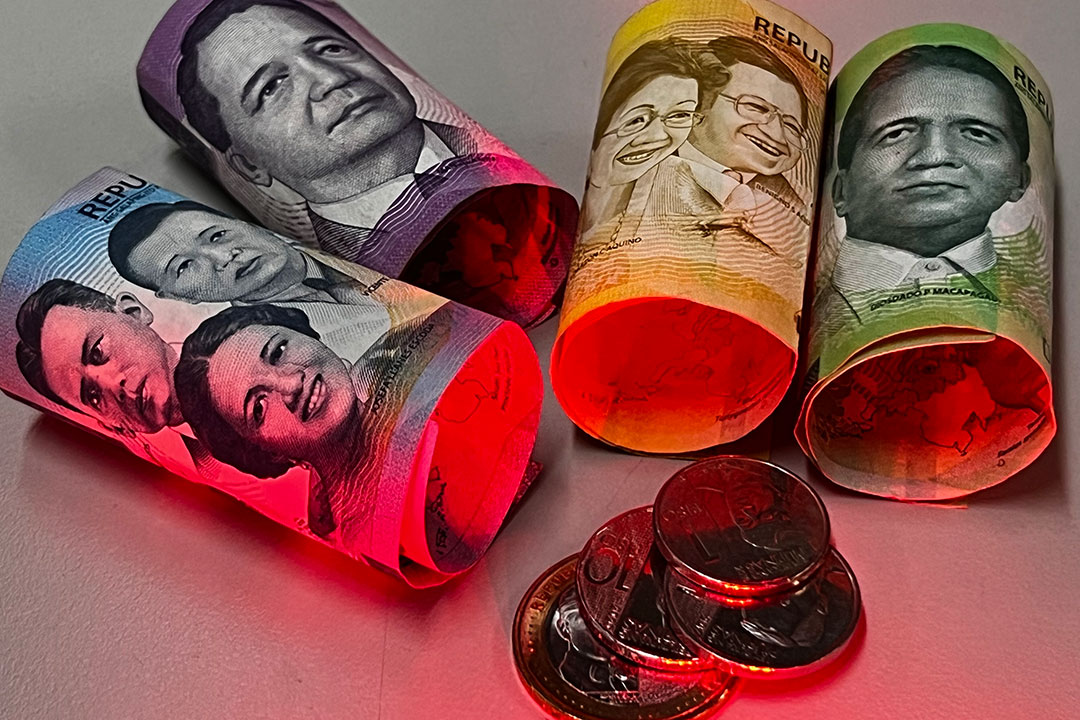
Upgrade to High-Speed Internet for only ₱1499/month!
Enjoy up to 100 Mbps fiber broadband, perfect for browsing, streaming, and gaming.
Visit Suniway.ph to learn
 INDIVIDUALS shop for food items inside a supermarket in Quezon City, Jan. 16. — PHILIPPINE STAR/ MIGUEL DE GUZMAN
INDIVIDUALS shop for food items inside a supermarket in Quezon City, Jan. 16. — PHILIPPINE STAR/ MIGUEL DE GUZMAN
A PHILIPPINE senator has filed a resolution urging a Senate investigation into the continued surge in food prices, citing the persistent burden on Filipino consumers, especially the poor.
“There is a need to review the effectiveness of existing policies, programs and interventions to address the rising cost of food, identify systemic gaps and recommend appropriate legislative and administrative measures,” Senator Francis Pancratius “Kiko” N. Pangilinan said in a statement on Monday.
Senate Resolution No. 5 dated July 8 calls on the Senate agriculture committee to conduct an inquiry into the high prices of food and basic agricultural commodities.
The aim is “to recommend measures to ensure the affordability of food, food security, and protect Filipino consumers,” Mr. Pangilinan said.
“In recent months, prices of essential food items including rice, vegetables, fish, meat and other agricultural products have significantly increased, placing an undue burden on Filipino families, particularly the poor and vulnerable sector,” the senator noted.
He attributed the rise in local food prices to several factors such as supply chain disruptions, high production and transportation costs, import constraints, hoarding, profiteering and climate-related effects on local agriculture.
Despite measures by the government to stabilize food prices, many Filipinos continue to experience limited access to affordable food, Mr. Pangilinan said.
Citing a June 28 survey by Social Weather Stations (SWS), he said the number of Filipinos who experienced involuntary hunger at least once in the past three months rose to 20%, up from 19.1% in April 2025.
The survey also found regional disparities in hunger incidence, with Mindanao posting the highest rate at 26.3%, followed by Metro Manila at 20.3%, the Visayas at 19.7%, and Luzon at 17%.
“The rise in hunger rates reflects the growing difficulty many Filipinos face in accessing food,” Mr. Pangilinan said, stressing the urgency of addressing the problem through legislative and policy interventions.
To curb inflation and stabilize food prices, the Philippine government has implemented several measures, including farm imports to augment local supply, targeted subsidies for farmers and strengthened monitoring of market prices.
However, these efforts have had limited impact, as staple goods such as rice remain expensive for many households.
President Ferdinand R. Marcos, Jr. pledged during his 2022 campaign to bring rice prices down to P20 per kilo.
But the early years of his administration have instead seen a steady increase in the price of the staple, drawing criticism from consumers and lawmakers alike.
Mr. Pangilinan said a comprehensive review of agricultural policies and food security measures is crucial to developing long-term solutions to rising food costs. — Adrian H. Halili




